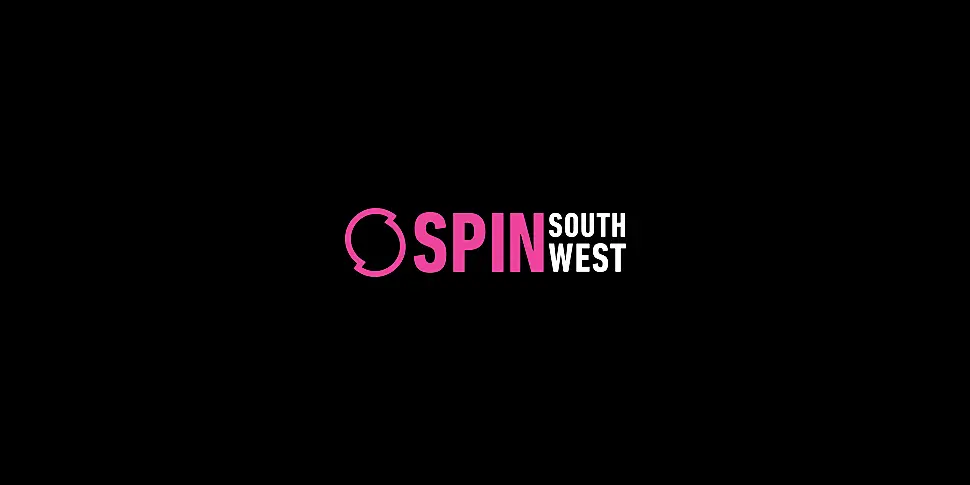A Violent Pandemic
“Domestic violence is not a women’s issue it is a social issue that we need to address within our society.”
These are the words of Gillian Baker Training and Development Coordinator at ADAPT Limerick.
“What underpins domestic abuse is power and control within a relationship so you might have things like alcohol that exacerbates it but what fuels it is this power and control and that is a misconception many have.”
ADAPT is a domestic abuse service available to women and children of Limerick City and County.

COVID-19 has exacerbated the rise of domestic violence and domestic abuse in Ireland and across the globe.
According to a report completed by Oireachteas.ie there has been a twenty five percent increase in the amount of domestic violence phone calls Gardai have received since the beginning of the pandemic.
These numbers suggest the increase in reports made around domestic violence these numbers do not suggest those cases that remain unreported and that are going on behind closed doors a phrase we all know and at this stage we cannot say we love in our society anymore.
“Often people will attribute mental health or substance and alcohol abuse to be causes of domestic abuse and violence and actually that is not the case.
What underpins domestic abuse is power and control within a relationship so you might have things like alcohol that exacerbates it but what fuels it is this power and control and that is a misconception many have.”
Baker continued :
“Covid has not caused domestic abuse what Covid has done is create conditions for domestic abuse and violence to flourish and escalate.
If you’re living with someone who is abusive, you are not able to drop the kids off to school, you’re not able to meet your friend for a coffee you’re not able to have those respite bits that keep you going day to day.”
Gillian explains how of all the women who have approached their service for help during this pandemic have explained this to the organisation:
“They are telling us that the level of abuse and the frequency of abuse and the violent attacks are more violent and have been happening more often.”
Baker continued:
“It has created a greater risk to be identified by people and it has really exacerbated the levels of domestic abuse and violence within the home.
At different times of the pandemic contact went up and down.
In November contacts went through the roof for us but they were kind of going in the cycle of the strict lockdowns.”
“In March, our contacts went down but in May they went up high , there was a flow to them.
In the last four months there has been 191 phone calls to different domestic abuse services across Ireland daily.”
Every situation is different and everyone’s process in seeking help is different I pressed Gillian on the stigma around domestic violence and abuse within Ireland.
“Any one of us at any given time can encounter this depending on how we respond to that can have a big impact too.
There is stigma around what is done behind closed doors whatever happens behind closed doors is people’s private business.
It makes people in this situation think about should they be addressing or identifying this or even talking about it to somebody that they know in their family.”
Baker continued:
“There is a lot of fear around domestic abuse and any conversation around abuse in general can be really difficult to have with people.
What we are trying to do is bring that conversation in a very gentle way.”
I asked Gillian if there is anyone suffering in a situation like this and wants to seek help what should their first step be.
“Call our helpline I think that would be the best way to have the conversation I know it can be difficult to pick up the phone, but it is confidential.
Once this is done, they can start to build a little bit of a relationship by starting to be more comfortable with everything and the more they do that and become familiar with who we are and what we do you would hope then they can trust the service to reach out for what they may need exactly.”
ADAPT have a 24-hour confidential helpline and offer training and development courses for all members of the public more information on this and all other services that are available are on their website.
You can contact ADAPT on 1 800 200 504.
Or visit their website at here.
Or you can email [email protected]
If you also wish to donate to the service, you may do so on their website.












